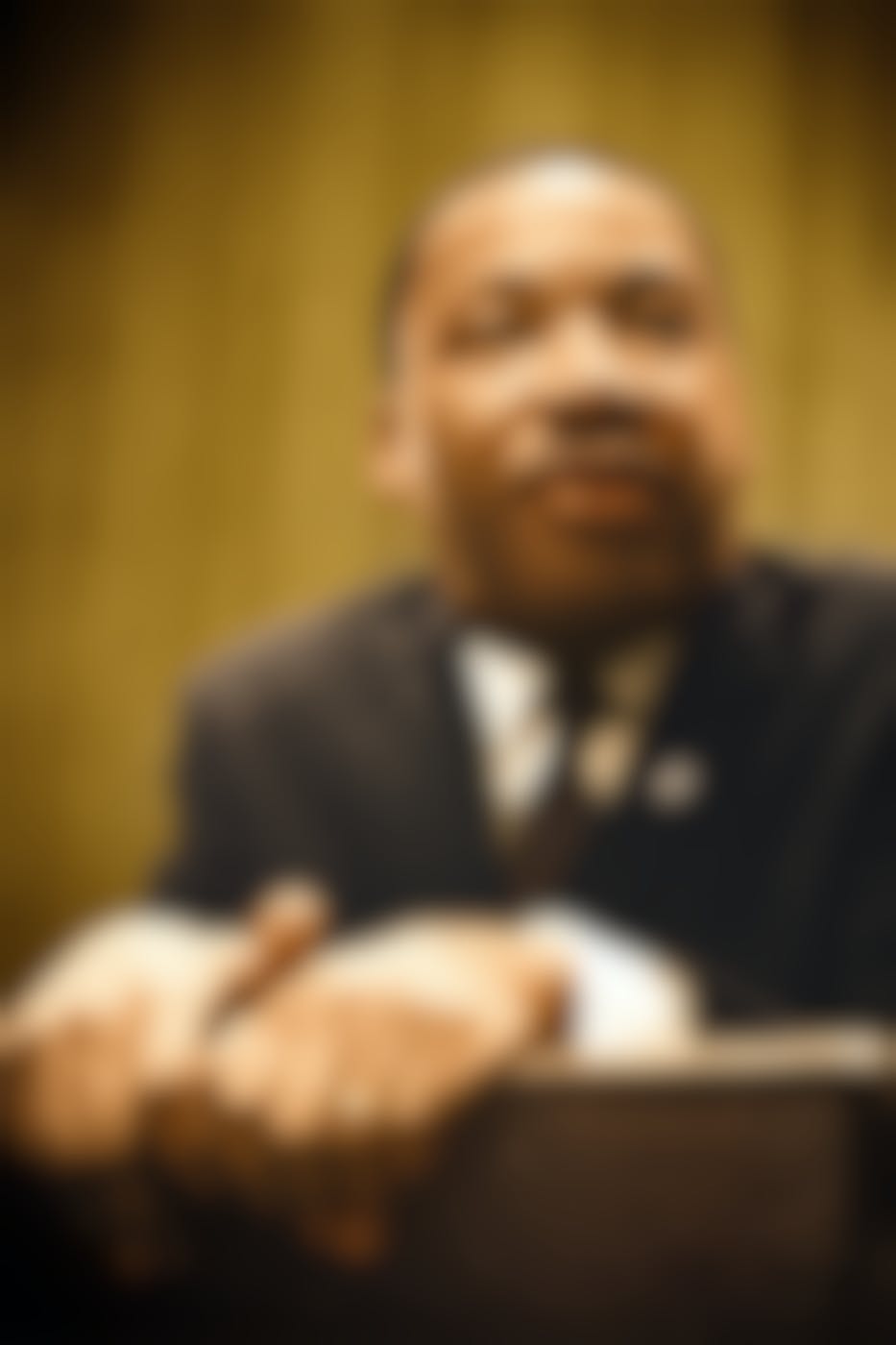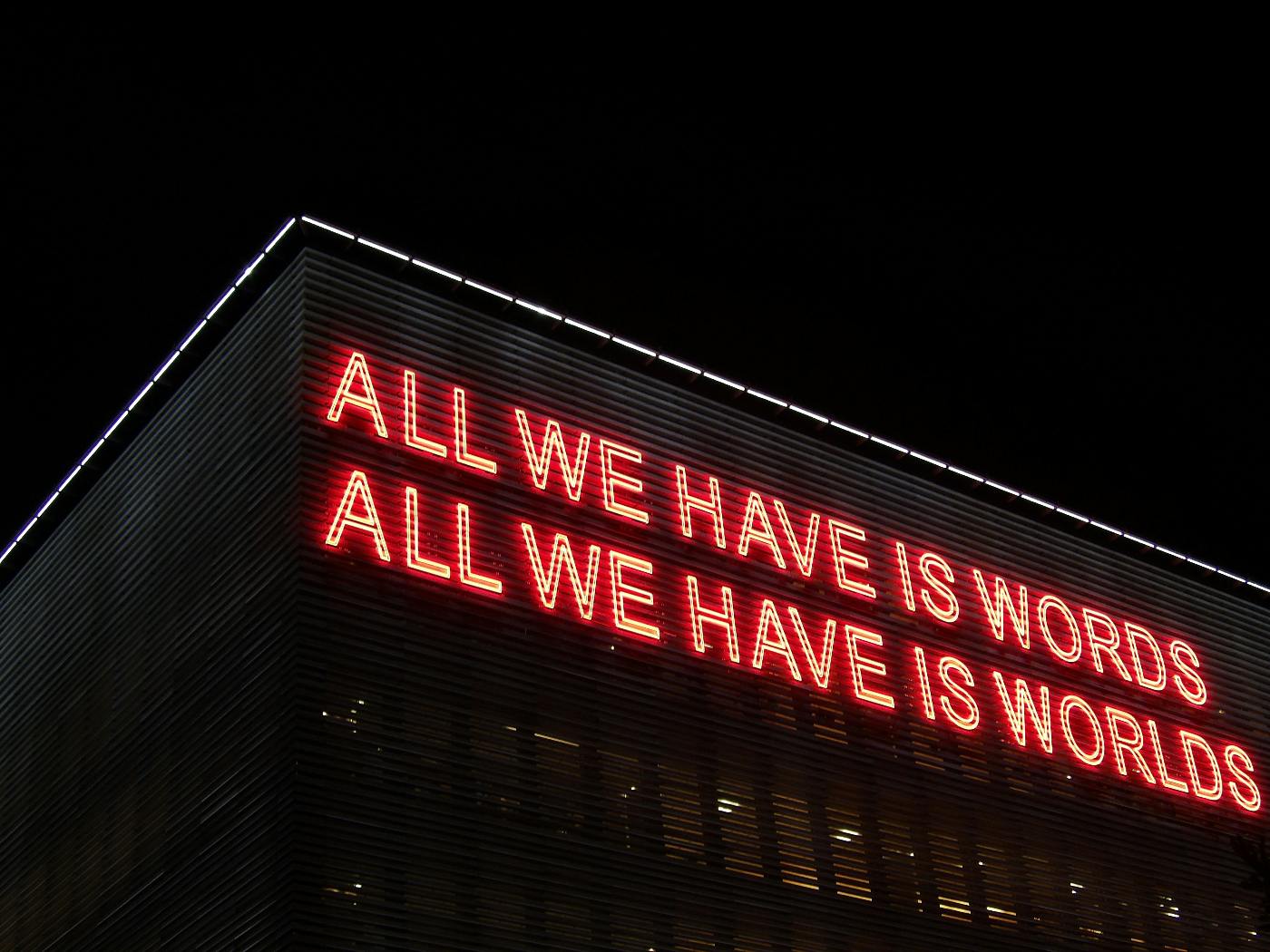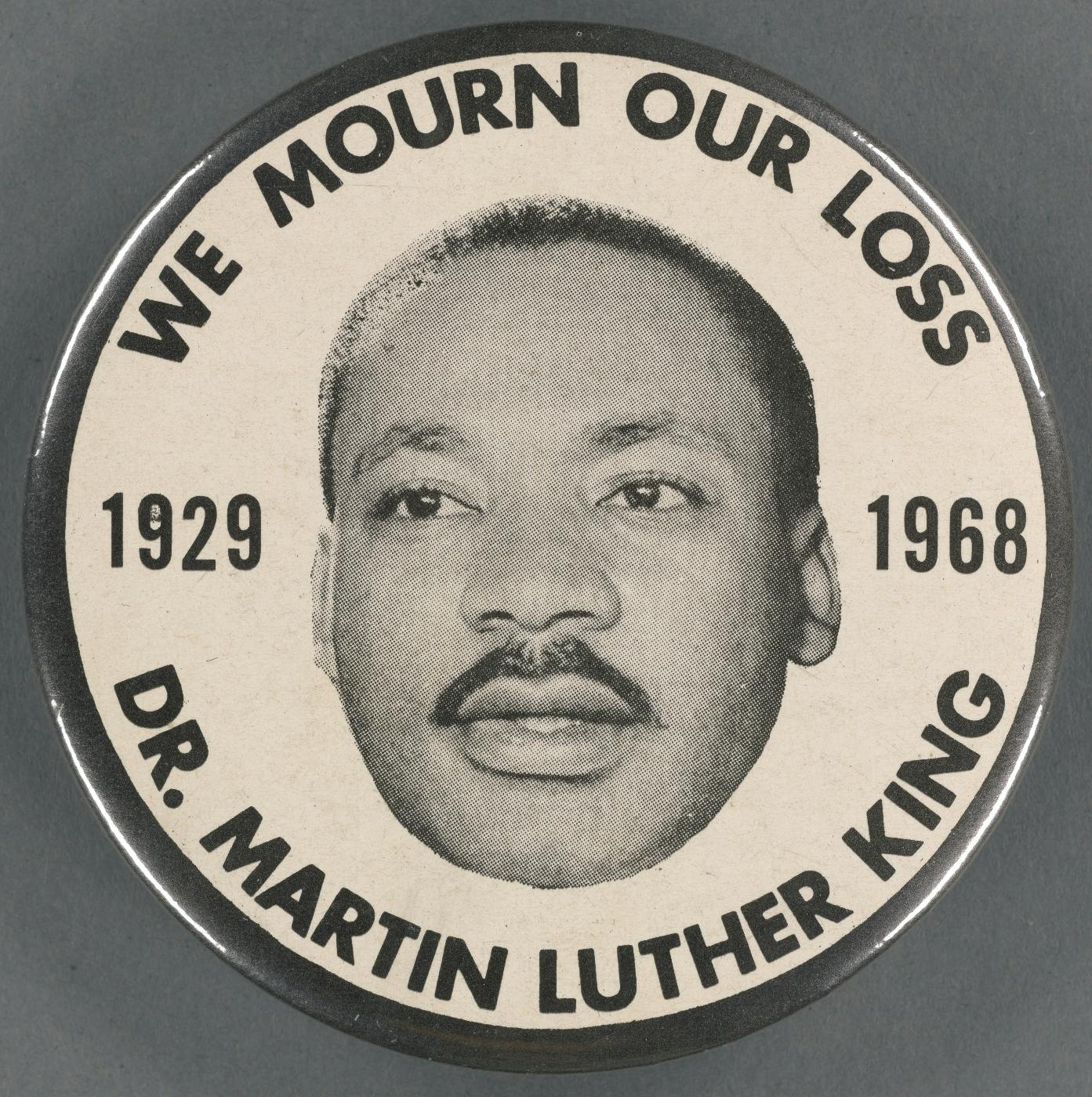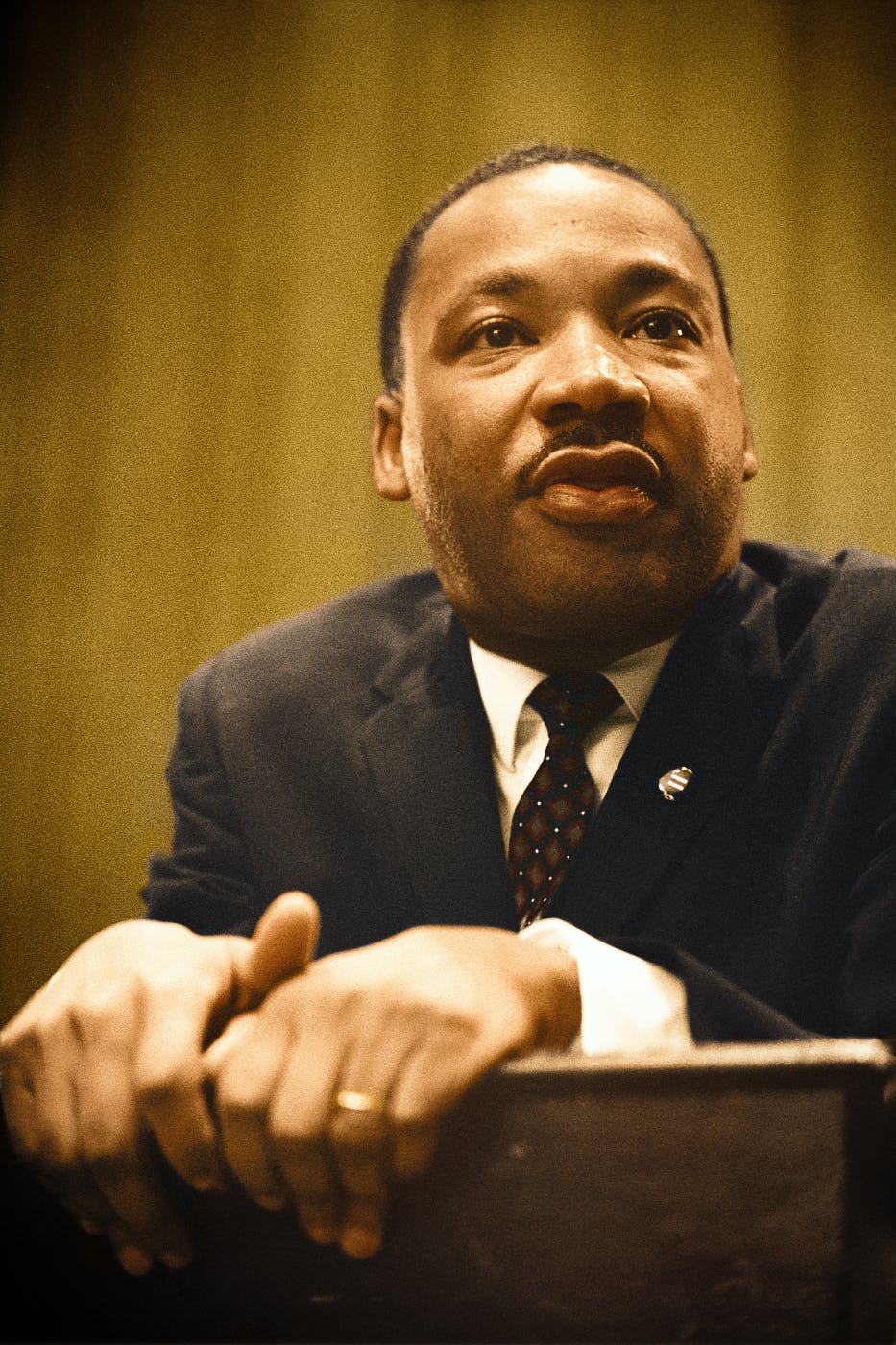
King, undoubtedly one of this country’s greatest orators, stopped. He pushed aside the speech, gripped the sides of the lectern, paused, and then spoke those defining words that have stayed with us for decades.
August 28, 1963. A sweltering day in Washington, D.C. that saw more than a quarter of a million people participating in the March on Washington for jobs and freedom. The march ended at the Lincoln Memorial. A carefully chosen gathering place, the monument to the man who freed the enslaved people and ushered in a long and continuing struggle toward Civil Rights.
Years had passed, and the Civil Rights Act was stuck in congress, with no one wanting to move it forward for fear of political retribution. Equality for people of color seemed out of reach for this nation.
On live TV, in front of 3,000 members of the press and 260,000 people, Dr. King stood and spoke. He read from a prepared speech, his compelling voice thundering across the national mall, urging people toward peace, understanding, and not giving up on equality. At paragraph seven, it all changed.
King, undoubtedly one of this country’s greatest orators, stopped. He pushed aside the speech, gripped the sides of the lectern, paused, and then spoke those defining words that have stayed with us for decades. No one in that audience knew what was coming. No one knew that right before them, history was in the making, and one of the greatest speeches of the 20th century was soon to fill their ears, minds, and hearts.
Dreams
Many of us have dreams. Dreams of freedom, an end to war, and world peace. Our dreams are sometimes small, an end to pain, a path to understanding, or someone to love. But Dr. King spoke of a dream that many in that crowd had never dared to dream.
Fear was lying heavy on them. Disappointment over the lies and failed promises that had been fed to them time and time again, only to be woken by wooden police batons, biting dogs, water cannons, and the reality that the government was not paying attention.
King had the crowd in the palm of his hand, everyone stretching forward to hear what the next words would be. He was a man of considerable influence, and he could have stoked fear, anger, and retribution at that moment.
But he didn’t.
King paused, moved aside the script, and turned his gaze inward. What did he want to say? What did he feel this crowd, this government, this moment needed to hear? Improvising, trusting his spirit and his continuing message, he spoke,
“I have a dream that little children will one day live in a nation where they will not be judged by the color of their skin but by the content of their character.”Quote:
Rev. Martin Luther King, Jr., August 28, 1963, Washington, DC.

The content of their character.
The Reverend King was not saying treat us special, give us a break, or look the other way; he was saying treat us like humans, like Americans and judge us by the content of our character, the way we do others. See beyond skin color and look into our hearts. See beyond the places we are forced to live and listen to our words of hope and longing. Look past the history you forged for us in the holds of ships and the shacks of plantations and understand our minds are fertile; our hearts are pure and know that we can do more than just exist; we can live, thrive, love, grow and prosper together. Peacefully.
The Power of Words
As Sting wrote, “poets, priests, and politicians have words to thank for their positions. Words that scream for your submission”.
History has a plethora of examples of powerful orators using their gifts with words for personal gain, corruption, and submission of the masses. Words that have led to the death of millions and the destruction of governments. Wordsmiths have long been known to give voice to small-minded men bent on corruption and subjugation for personal gain.
Even at the height of his influence, Dr. King never resorted to anger or violence. He knew that when you advocate violence, people stop listening, and the violence takes center stage. He knew that violence was not the answer nor the solution to the problem.
Dr. King was fighting centuries of hatred, misunderstanding, violence, and stupidity by not buying in and not following the examples of his detractors and staying true to himself, the cause, and his spiritual strength.
That moment in 1963, he opened his heart, trusted his faith, and those decades-spanning words, I have a dream, came out.

Never Silent
His words, ideas, and dreams fueled a movement of people still fighting to be seen and heard. His words gave hope to millions of marginalized people. His vision pulled the blinders off our eyes and showed us what is, but also what could be, should be, and must be, equality for all races. His voice was strong, his message was true, and no one was silent that day.
Cut to five years later, at the Lorraine Motel in Memphis, Tennessee, after having just given his momentous “I have been to the Mountaintop,” which turned out to be a most prophetic speech, Reverend King was silenced by an assassin’s bullet.
That bullet traveled faster than the speed of sound on its nearly silent journey across 206.5 feet, striking the 39-year-old King in the jaw and severing his spinal cord. He was pronounced dead at Memphis hospital.
But his words, ideas, visions, passion, and righteousness echoed and reverberated throughout history. The struggle he was leading continues to this day in many parts of the world and this country.
Sixty Years On
In some ways, The Reverand King’s dream did come true. Boys and girls of color are educated beside their white friends. Whites-only signs are seen only in the most backward of counties, and we have had (far too late, really) an American President of color. There are men and women of color on the supreme court, in congress, and holding high places in major corporations.
But has Dr. King's dream fully come true? No, no, it hasn’t, and that’s why, sixty years on, we still honor him and recall his words.
Until that improvised, heart-felt dream comes to fruition, we must remember. We must educate those who weren't born yet about the brave man that stood before the world and spoke of a glorious dream of racial equality and Civil Rights. We must be louder than the bullet that took his life and spread the words, the hope, and the dream of Dr. King further than those 206.5 feet.
When a man like Martin Luther King jr is taken from us, so young and with still so much work to do, the planet shudders, and humanity loses something genuinely remarkable. By remembering him each year and sharing his words and dreams, we never entirely lose him, and we can still look to him as a guide to move us ever closer toward what is right.
On January 16 this year, take a moment and remember this great man. Pause and reflect on the principles of racial equality and nonviolent social change espoused by Dr.King. Take a moment out of your life and think of how you can make Dr. King’s dream more of a reality.
His was a dream he dreamt for all of us, and it is a dream that survives and will continue to survive across time. We will remember until the day when we don’t need to be reminded of the dream anymore because we are all living it together.

